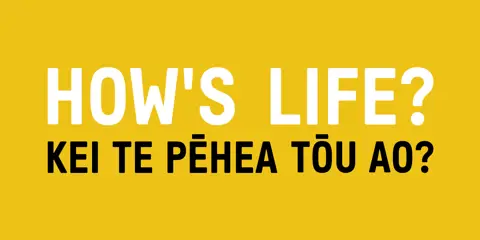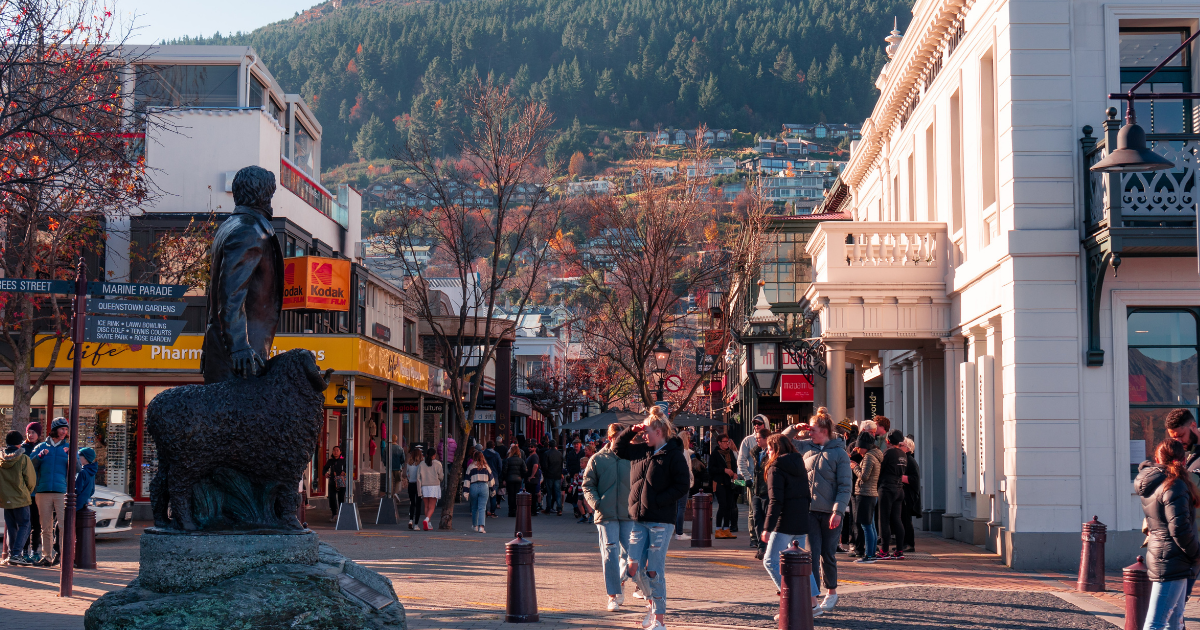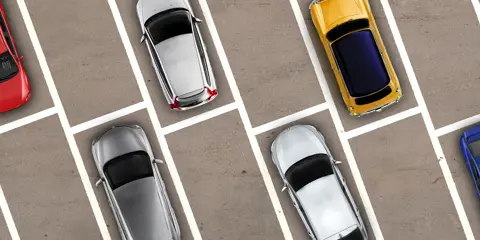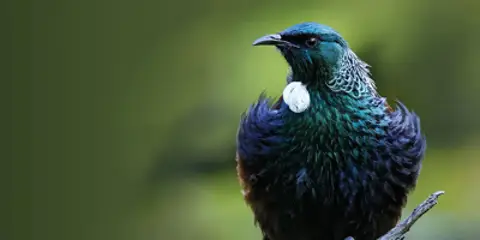-
Services
-
expand_more
Back
Services
-
-
expand_more
Back
Rates & Property
- Setting the Rates
- Revaluation and how it affects rates
- Rates Dates & Payment Options
- Changing your details
- Property Information Search
- Online Rates Payments
- Rates Rebates, Remission & Postponement
- Short-Term Visitor Accommodation
- Queenstown CBD Transport Rate for Queenstown Town Centre Properties
- Wastewater Rates for Cardrona
- Other Information
- Rates FAQs
-
-
expand_more
Back
Rubbish & Recycling
- How we recycle in the Queenstown Lakes District
- Cut your waste
- Commercial Services
- Public place litter bins and illegal dumping
- Rubbish & Recycling Collection
- Recycling Centres
- Transfer Stations
- Solid Waste Assessment
- Waste Minimisation Community Fund
- Waste Minimisation for Businesses
- Zero Waste Events
- Green and food waste
- Construction and demolition waste
-
-
expand_more
Back
Resource Consents
- Do I need a resource consent?
- Change, extend or surrender a resource consent
- Before you apply
- Apply for a resource consent
- Non-compliance & monitoring
- Notified consents
- Land Developments and Subdivisions
- Need help?
- Current resource consents
- eDocs
- FAQs
- Practice notes and guidance
-
-
expand_more
Back
Alcohol Licensing
- Alcohol Public Notices
- Find the right alcohol licence and apply
- Alcohol licence fee calculator
- Renew and/or vary your alcohol licence
- Manager's certificates
- Legal requirements for licence holders
- District Licensing Committee decisions
- ARLA annual report
- Alcohol-Free Areas In Public Places
- Have your say on alcohol licence applications
- All alcohol licensing forms
- Gambling Information
-
-
Do It Online
-
expand_more
Back
Do It Online
-
-
expand_more
Back
Registrations
- Register your Dog
- Register for a transfer or refund of dog registration fee
- Renewal for Campgrounds and Offensive Trade Registrations
- Activities in a Public Place - Registration/Application Form
- Register as a Homestay
- Register as Residential Visitor Accommodation
- Register for our public notification list
- Register to speak at Public Forum
- Register for Kerbside Collection Services
- No Spray Register
-
Community
Community
Ngā Hapori
- Manaaki
- Newcomers Guide
- Welcoming Communities
- Arts, Culture and Heritage
- Community Connect
- Citizenship Ceremonies
- Community Associations and Groups
- Community Funding
- Community Research
- Community Wellbeing
- Economic Development
- Emergency Management
- Energy Saving Tips
- Event Planning and Venues
- Māori Community
- Managing the risk of wildfire
- Population and Demand
- Summerdaze
- Tuia Programme
- Venue Hire

2025 Quality of Life Survey
Our annual survey is now open and your views are important!
-
Recreation
Recreation
Kā mahi a te rēhia
- Queenstown Events Centre
- Wānaka Recreation Centre
- Paetara Aspiring Central
- Swim
- Learn to Swim
- Golf
- Kids' Recreation
- Sport & Rec Venues and Contacts
- Courts and Fields
- Memberships - Join Today
- Join the Sport & Rec Team
- Responsible Camping
- Parks and Walkways
- Lakes and Boating
- Mountain Biking
- Horse Riding
- Splash Café
- Physiotherapy
- Playgrounds
- School Holiday Programmes
- This Is Sport & Recreation

First Splash - Swim with Confidence
First Splash is a learn to swim programme for migrant women to increase their confidence in the water.
-
Your Council
-
expand_more
Back
Your Council
-
-
expand_more
Back
Council Documents
- Long Term Plan (LTP)
- Archived Agendas & Minutes
- Annual Plans
- Annual Reports
- Asset Management Plans
- Awarded Council Contracts
- Bylaws
- Capex Quarterly Update
- Monthly Reports
- National Policy Statement - Urban Development 2020 (NPS-UD)
- Policies
- Pre-election reports
- Queenstown Lakes Spatial Plan
- Reserve Management Plans
- Section 10A Reports
- Small Community Plans
- Strategies and Publications
- Submissions from QLDC
-
-
expand_more
Back
Council Projects
- Project Tohu
- Queenstown Town Centre Arterial
- McPhee Park Playground
- Blue-Green Network Plan
- Frankton Track Wastewater Upgrades
- Aubrey Road Wastewater Pipe Upgrades
- Luggate Water Upgrades
- Kingston Infrastructure Works
- Queenstown Town Centre Street Upgrades
- Way To Go
- Our Water Done Well
- Upper Clutha Wastewater Conveyance Scheme
- Shotover Wastewater Treatment Plant Stage 3 upgrades
- Short term approach for managing wastewater discharge
- Long term solution for Shotover Wastewater Treatment Plant
- Smart Water Meters Trial
- Environmental Monitoring System
- Lakeview Development
- Mount Iron Reserve Management Plan
- Project Manawa
- Wānaka Airport Certification
- Wānaka Airport Future Review
- Improving housing outcomes
- Queenstown Lakes Home Strategy
- Upgraded Two Mile UV Treatment Plant
- Frankton Road Watermain Upgrades
- Glenorchy Water Treatment Upgrades
- Upper Clutha Safety Improvements Programme
- Cardrona Valley Water Supply Scheme
- Schools to pool active travel route
- All-weather turf at Queenstown Events Centre
- Arthurs Point to Queenstown shared path
- 101 Ballantyne Road Masterplan
- Ballantyne Road Upgrade
- Cardrona Valley Wastewater Upgrade
- Glenorchy Reservoirs
- Frankton Campground
- Frankton Stormwater Upgrade
- Marine Parade Upgrades
- Mayoral Housing Affordability Taskforce
- Shotover Country Borefield and Treatment Plant
- Proposed Visitor Levy
- Ladies Mile Masterplan
- Recreation Ground Wastewater Pump Station and Rising Main
- Luggate Memorial Centre
- Te Kararo Queenstown Gardens
- Western Wānaka Water Supply Upgrade
- Shotover Bridge Water and Wastewater Main
- Te Tapuae Southern Corridor
- Glenorchy Marina Carpark
- Wānaka Lakefront Development Plan
- Travel Demand Management Programme
-
-
expand_more
Back
District Plan
- Operative District Plan
- Proposed District Plan
- ePlans
- National Policy Statement-Urban Development (District Plan Amendments)
- Urban Intensification Variation
- Te Pūtahi Ladies Mile Variation
- Private Plan Change 1 - The Hills Resort Zone
- Upper Clutha Landscape Schedules Variation
- Priority Area Landscape Schedules
- Special Zones Review
- District Plan Maps
- A Guide to Plan Changes
- Planning Matters - Planning & Development Newsletter
Thursday, 01 July 2021
Queenstown Lakes welcomes our new communities
QLDC today joins an initiative to welcome new residents settling in the district.

Haere mai, bem-vindo, bienvenido, maligayang pagdating, welcome!
Queenstown Lakes District Council (QLDC) today joins an initiative to welcome new residents settling in the district.
The Council has been selected by Immigration New Zealand, the Human Rights Commission, and the Office of Ethnic Communities to participate in Welcoming Communities Te Waharoa ki ngā Hapori, a project to support newcomers to feel welcomed and able to participate in the economic, civic, cultural and social life of their new community.
The initiative will be rolled out over three years and builds on a pilot programme by Immigration New Zealand across five regions in New Zealand from 2017 to 2019.
This month it will be extended out to three more councils, including QLDC.
The Welcoming Communities project aims to make the district more welcoming for everyone by focusing on a range of areas, including supporting new residents with economic development, business and employment, civic engagement and participation, creating welcoming public spaces, equitable access, and welcoming communications.
QLDC’s Senior Community Liaison and Policy Advisor Marie Day said the programme will support all newcomers to the district, including Kiwis.
“Many people living in Queenstown Lakes are from somewhere else in New Zealand or the world and have chosen to make this special place their home. Newcomers and their whānau are a valued and distinct part of our district. We want to help everyone, not only settle here, but to really thrive and feel embedded in our wider community.”
“As part of the programme, we will complete an initial community stocktake, which will include topics such as how council services can better meet the needs of all our communities, and how we can improve community connections. It will be a joint initiative, working with our communities to develop a Welcome Plan that reflects the unique characteristics of our place.”
Ms Day said that socially connected communities where everyone feels welcome enjoy better social outcomes, and stronger economic growth.
Mayor Jim Boult said that the difficulties faced across the district as a result of the COVID-19 pandemic had brought to the fore the high regard in which migrants are held.
“Their enormous contribution to our economy, cultural diversity, and identity has been highlighted for the country to see in recent times. We are a place that proudly welcomes diversity and the vibrancy it adds to our lives. We want to continue our evolution as a place that actively supports those who choose to share our beautiful home.”
Ms Day said newcomers are central to the district’s visitor economy, whether coming from other parts of New Zealand or overseas. Ensuring everyone feels included and has a sense of belonging is vital for building a strong, resilient and vibrant community. The happiness and commitment of newcomers as part of the Queenstown Lakes community is also central to the experience visitors receive and the subsequent reputation of the district.
QLDC will consult and partner with mana whenua Kāi Tahu and local Māori in development of the Welcome Plan, working together to create, advocate for, and continue to foster a welcoming and inclusive community.
Welcoming Communities Te Waharoa ki ngā Hapori is a government funded initiative led by Immigration New Zealand in partnership with the Office of Ethnic Communities and the Human Rights Commission.
ENDS|KUA MUTU.
Media contact: communications@qldc.govt.nz or call 03 441 1802.
FURTHER INFORMATION | Kā pāroko tāpiri:
Of the 641 students currently attending Queenstown Primary School, 166 are categorised as Asian, Middle Eastern, Latin American and African, which includes a wide range of nationalities.
During the COVID-19 Queenstown Lakes welfare response, more than 7,377 unique requests for welfare were received. Of those, 76% were made by those on employment visas, including the following nationalities (grouped for the benefit of reporting; ordered from highest number to lowest):
- United Kingdom and Ireland
- South America
- Southeast Asia
- Mainland Europe
- India
- America and Canada
- China
- Korea
- Japan
- Nepal
- Scandinavian countries
- Australia
- Pacific Islands
- Sri Lanka
- South Africa
- Russia



